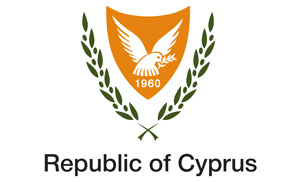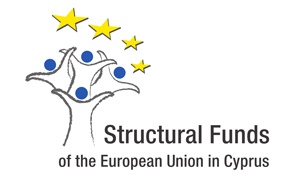Power system security and control is the backbone of the reliable and uninterruptible operation of power systems. Power systems, being complex, interconnected systems, often suffer from temporary or permanent faults or contingency scenarios. Designing, monitoring and controlling such systems is becoming increasingly more challenging as their size, complexity and interactions are steadily growing. Furthermore, the performance objectives are expanding from the traditional goal of achieving smooth network operation to having high levels of security, accuracy, reliability, and fault tolerance. The European Commission places a tremendous amount of emphasis on this topic.
The aim of the project is to develop methodologies for the enhancement of power system integrity and stability using novel sensing technologies. The use of unconventional and innovative sensors in power systems will be investigated. Methodologies will be developed for the use of synchronized measurement technology for effective monitoring of the voltage stability of power systems. The voltage stability will then be enhanced by further innovative techniques and methodologies to be developed by the research team. The prevention of voltage instability phenomena that lead into blackouts will be a main subject of the project, achieved through the development of novel controlled islanding methodologies.
The results of this project will have a significant impact on the field of security, monitoring, and control of power systems. For example, the impact of this technology can be dramatically illustrated by the devastating blackout in North America in Aug. 2003: 40 million people in the USA and 10 million people in Canada were left in the dark. The lack of situational awareness was mainly to blame. The issues addressed in this project are highly relevant for Europe since this is the most densely populated region in the world, with several interconnected networks that have different owners or operators. In Nov. 2006, a local fault in Germany’s power grid cascaded through large areas of Europe, resulting in 10 million people left in the dark in six countries. The results of the project are expected to open new, important, scientific, and technological horizons.
The KIOS research team in this project is led by Dr. Elias Kyriakides.
This project is funded by the Cyprus Research Promotion Foundation through the Framework Programme for Research, Technological Development and Innovation 2009-10 (DESMI 2009-2010), co-funded by the Republic of Cyprus and the European Regional Development Fund.







